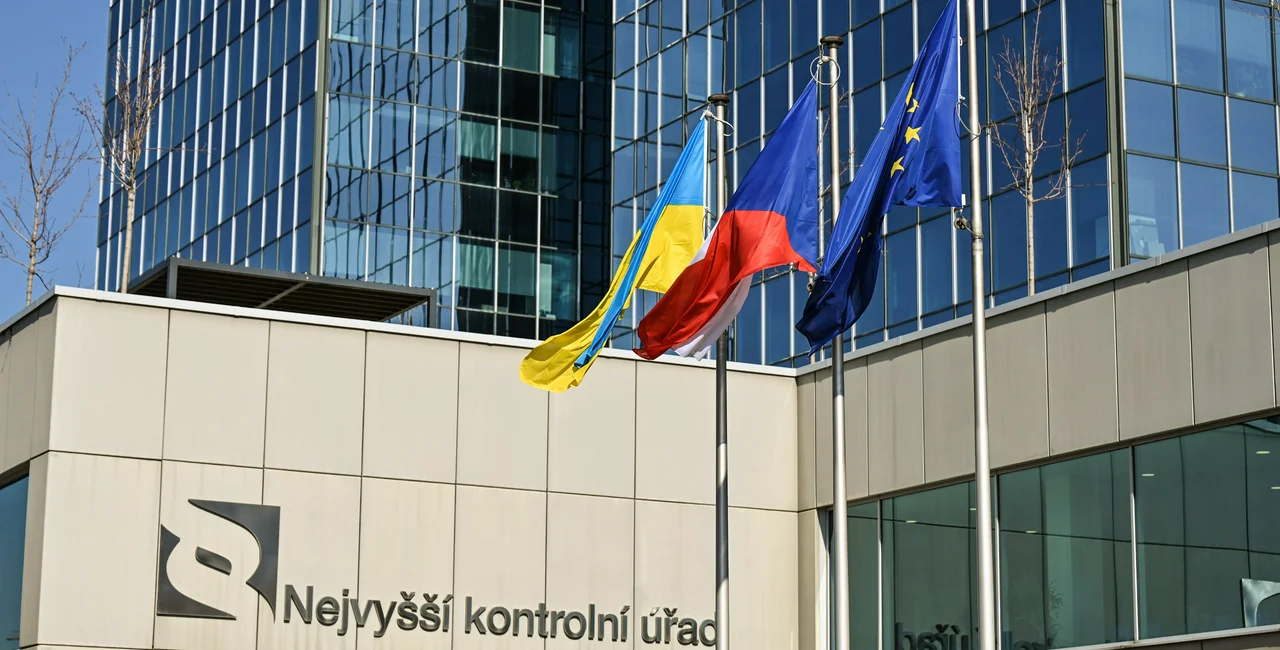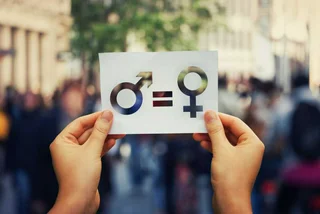Subsidies from the EU and the Czech budget earmarked for lowering differences between men and women in the labor market in the Czech Republic did not serve their purpose very well, the Supreme Audit Office (NKÚ) announced today. NKÚ made the announcement after checking the finances spent on "gender audits" between 2014 and 2021.
One of the main issues, NKÚ said, was that the Labor and Social Affairs Ministry did not monitor the actual benefits of the subsidies. Additionally, it set the conditions for the recipients to be able to draw the money without making it clear what objectives they wanted to achieve, the NKÚ inspectors added. Besides, the NKÚ revealed unjustified expenses totaling CZK 1.6 million, spent across four projects.
The NKÚ examined the use of subsidies from the Operational Program Employment 2014-2020, co-financed from the EU and the Czech budget. It looked into 14 projects out of a total of 68, with a total volume amounting to CZK 40 million, NKU spokeswoman Hana Kadečková told ČTK.
What was the money for?
The purpose of the support was, among others, to reduce the gender pay gap and the risk of harassment at work, as well as the unequal access to jobs called "the glass ceiling," and to facilitate the balance between professional career and private life.
However, the NKÚ inspection shows that the projects were mainly aimed at raising awareness of gender equality issues and that some employers used it to create internal regulations.
main findings
- The subsidies had only insignificantly contributed to the achievement of the purpose.
- 8 percent of the audited organizations fulfilled the purpose in all key issues.
- 14 percent of the organizations continued to implement concrete measures with financial support from the operational program after the end of the audit.
- For 54 percent of the organizations from the selected sample of projects, the ministry had approved applications for aid without knowing the identity of the audited organization.
- In 11 percent of cases, an entirely different organization than that mentioned in the subsidy application was audited.
According to the NKÚ, the Labor and Social Affairs Ministry also provided the maximum subsidy level to gender audits regardless of the real work carried out. The education that the ministry covered was often not related to the gender agenda either, and sometimes, it was useless for the particular employees, the NKÚ inspectors said.
A case in point that the NKÚ flagged was an example of a construction firm with ten employees, five of whom were the manual or technical staff. In two years, the company held 19 training sessions for a total of CZK 503,000 focused on the topics such as presentation of skills, self-management, time management, and how to cope with stress.
The European Institute for Gender Equality’s 2021 Gender Equality Index, which is a tool to measure the progress of gender equality in the EU, gave the Czech Republic an overall score of 56.7 out of 100, with the highest subscore of 86.3 for health, related to “health status, health behavior and access to health services”; and the lowest of 28.1 for the subcategory of power, which measures “gender equality in decision-making positions across the political, economic and social spheres.”













 Reading time: 2 minutes
Reading time: 2 minutes 





























